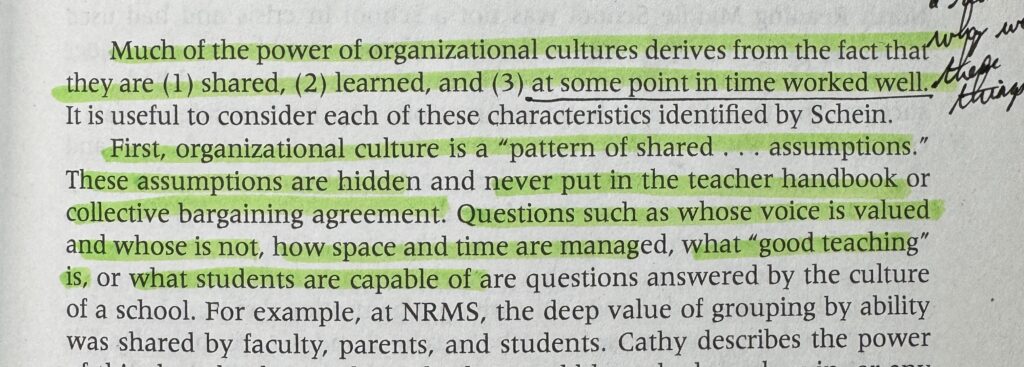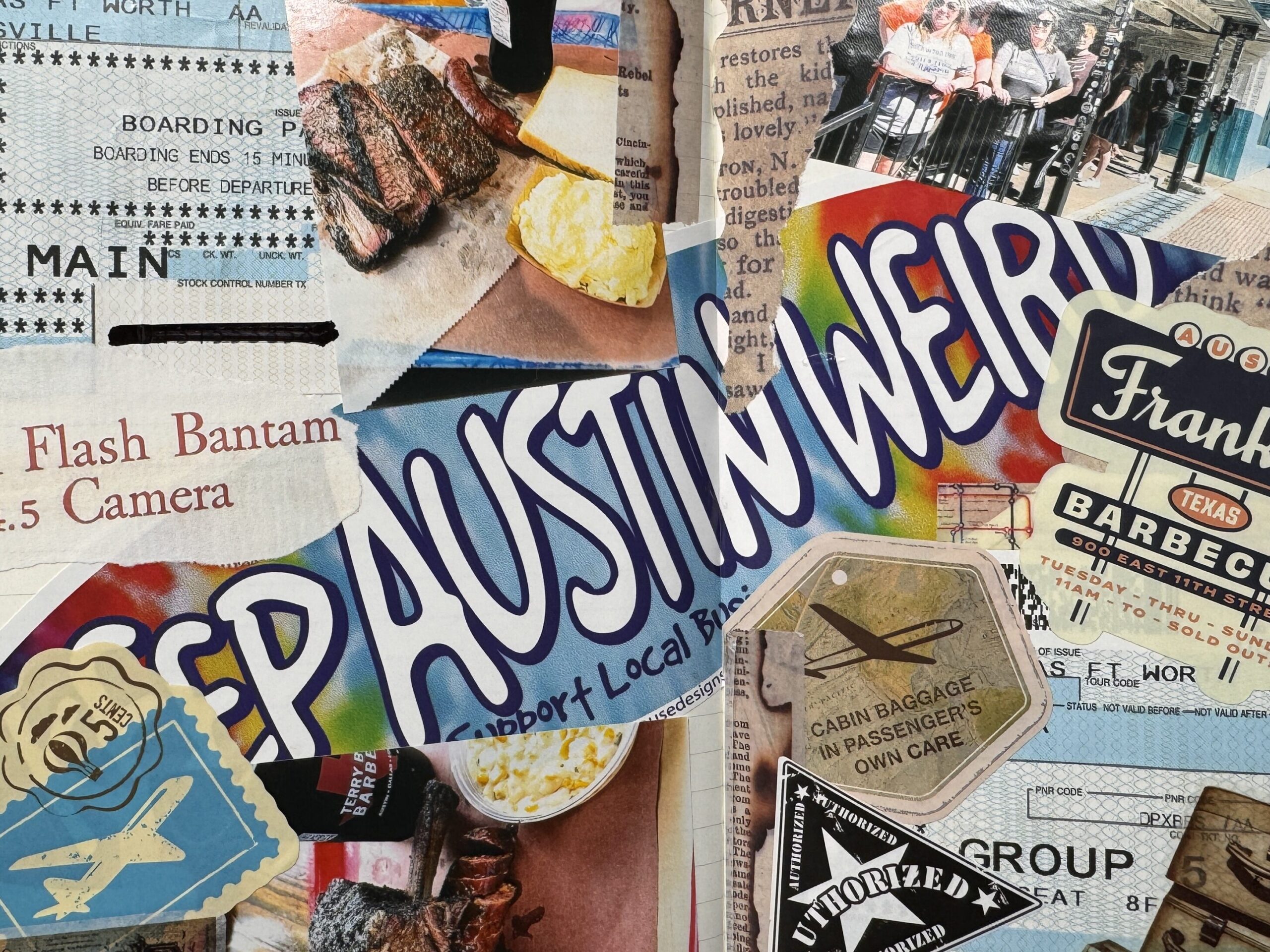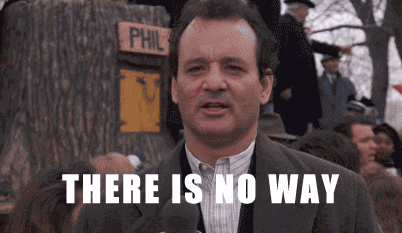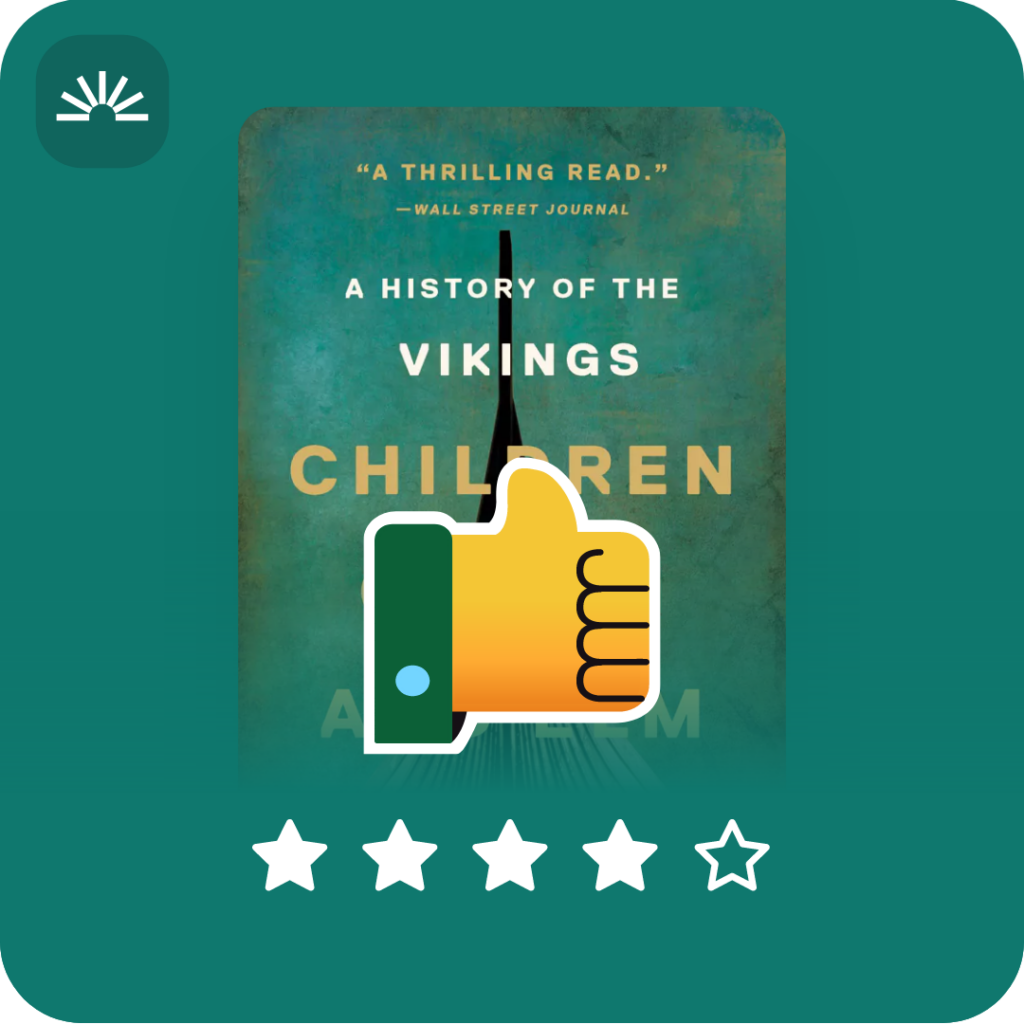I wanted to share a few lesson ideas with a Groundhog Day theme in my weekly newsletter to teachers, but I also wanted to include some deeper learning competencies in those lesson ideas.
So, I ran over to ChatGPT, gave it a prompt, and got these ideas. No, they’re not full lesson plans, but they are a good start. And it took less than two minutes to get these ideas going.
Use AI as a tool to help, and you can come up with some pretty cool ideas. For now, here are those lesson ideas. Feel free to use and share:
Groundhog Day Lesson Ideas:
1. Groundhog Day Science Project
Activity Description: Students research the science behind Groundhog Day, including how groundhogs predict weather and the accuracy of their predictions compared to meteorological data. They can then create a presentation or report comparing folklore and scientific weather prediction methods.
Learning Competencies: Critical thinking, research skills, data analysis, and presentation skills.
2. Creative Writing Assignment: A Groundhog’s Perspective
Activity Description: Ask students to write a creative story from the perspective of the groundhog. They could write about the experience of Groundhog Day, the groundhog’s life throughout the year, or a fictional adventure.
Learning Competencies: Creativity, perspective-taking, writing skills, and empathy.
3. Debate: The Relevance of Groundhog Day
Activity Description: Organize a debate on the relevance and accuracy of Groundhog Day predictions in the age of advanced weather forecasting technology. This could involve research into meteorological science and folklore traditions.
Learning Competencies: Critical thinking, argumentation, public speaking, and teamwork.
4. Groundhog Day Math Challenge
Activity Description: Create math problems related to Groundhog Day, such as calculating the probability of the groundhog seeing its shadow based on historical data or designing a survey to find out how many people believe in the groundhog’s predictions and analyzing the results.
Learning Competencies: Problem-solving, data collection, statistical analysis, and interpretation.
5. Environmental Science Link
Activity Description: Students could explore how groundhogs (and other animals) impact their ecosystems. They could research groundhog habitats, their role in the ecosystem, and how climate change might affect them. This could culminate in a project or presentation.
Learning Competencies: Environmental awareness, research skills, ecology, and presentation skills.
6. Groundhog Day History and Folklore Lesson
Activity Description: Students could delve into the history and folklore of Groundhog Day, exploring its origins and how it’s celebrated in different parts of the world. This could be a research project, poster, or multimedia presentation.
Learning Competencies: Historical research, cultural awareness, and communication skills.
7. Philosophy and Ethics Discussion: Groundhog Day Movie
Activity Description: Use the movie “Groundhog Day” to start discussions about ethics, free will, and personal growth. Students can watch the movie and then engage in guided discussions or write reflective essays.
Learning Competencies: Ethical reasoning, critical thinking, reflection, and discussion skills.
8. Groundhog Day Art Project
Activity Description: Students create artwork inspired by Groundhog Day using various media. This could be a drawing, painting, digital art, or even a sculpture that reflects the day, the groundhog, or the themes of prediction and time.
Learning Competencies: Creativity, artistic skills, and self-expression.
The Eclectic Educator is a free resource for everyone passionate about education and creativity. If you enjoy the content and want to support the newsletter, consider becoming a paid subscriber. Your support helps keep the insights and inspiration coming!












